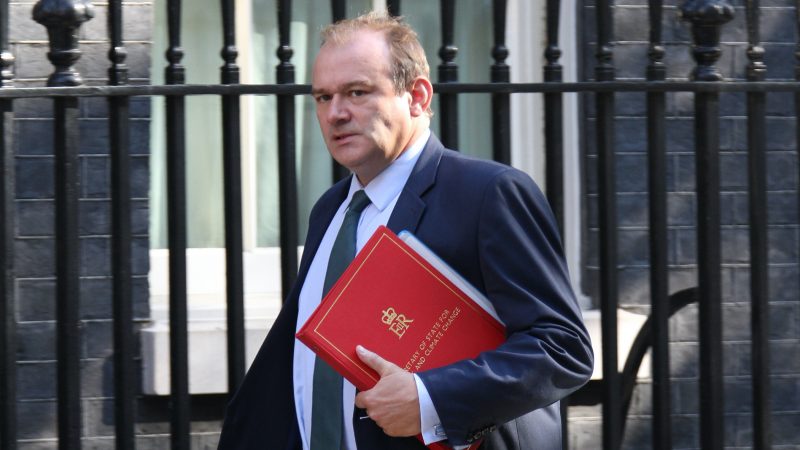
“I’m an anti-Conservative politician and I’ve fought them all my life.” These were the words of Ed Davey to Business Insider earlier this month. It conveniently overlooked five years of austerity-driven coalition government in which he served as a minister. In the interview, Davey also described Keir Starmer as a “very smart” leader who would realise that Labour need the Lib Dems to boot the Conservatives out of office.
With an unpopular Tory government, the Lib Dems under Davey are expected to win seats from Boris Johnson’s government that are too hard to reach for Labour. In most of their target seats, the Lib Dems are the second party, with Labour significantly behind. The message from Davey was clear: “Under my leadership, there will be no deal of any sort with the Conservatives.” His leadership is going to be about setting himself up as a more palatable, ‘stable’ alternative in those key seats against a divisive and shambolic Tory leader.
Davey represents the comfortable option for Starmer compared to Moran. Labelled by some as a “woke warrior”, she was much happier to engage with ‘culture war’ issues on which the Labour leader has so far stayed quiet. Starmer is attempting to build a coalition for Labour that stretches from north-London boroughs to northern towns like Hartlepool. The new Labour leader has chosen to focus on Tory mistakes and Boris Johnson’s incompetence, rather than tricky social or cultural tensions. This is a tactic that has not been adopted without criticism, and Moran had the potential to apply pressure on those sensitive areas.
Moran tried to sell herself to Lib Dem members as “more radical than Labour“. Free of the tuition fee betrayal attached to her competitor Davey, who served as a cabinet minister from 2012 until the election in 2015, she appealed more to students and young people. She remains an avid supporter of the EU and has spoken positively about the UK rejoining. Her leadership campaign rested on the “three pillars” of “education, the environment and the economy”. With her messaging, the Lib Dems might have been better placed to takes votes off Labour in metropolitan areas and university towns – which would often mean reducing Labour majorities but not making gains.
In contrast, earlier this month Davey said the Lib Dems could support Boris Johnson’s trade deal with the EU. Today, he told party members to “wake up and smell the coffee” and set out his focus to “rebuild the Lib Dems to national relevance”. The Lib Dems have always had a tension between its more progressive and ‘small-c’ conservative bases – and Davey is pitching more towards the latter in a bid to win moderate Tory votes. But it also means that he won’t be launching an offensive likely to win back the levels of support that the Lib Dems previously found in places like London in the pre-coalition era. Davey very much wants to be the ‘sensible politician’ in the room.
Although the Lib Dems are now the second party in 91 constituencies following the 2019 election, up from 38 in 2017, the odds of them surging to their former heady 2010 levels of support are unlikely under Davey. He has pitched himself firmly in the centre ground, appealing to the soft right. With his sensible politician and ‘small-c’ conservative positioning, Davey is most likely to steal moderate Tory voters for whom Johnson is too much – too chaotic, too dangerous – but for whom voting Labour is a stretch too far. As such, his victory over Moran should be seen as good news for Labour.




More from LabourList
Antonia Romeo appointed to lead civil service as new Cabinet Secretary
‘If Labour is serious about upskilling Britain, it must mobilise local businesses’
Stella Tsantekidou column: ‘What are we to make of the Labour Together scandal?’